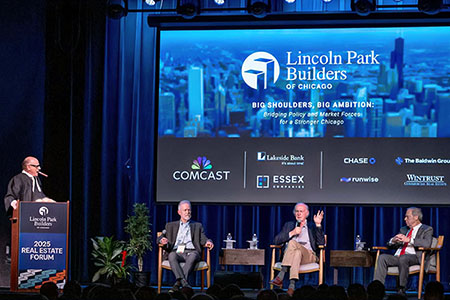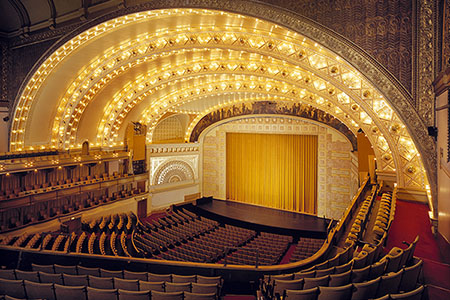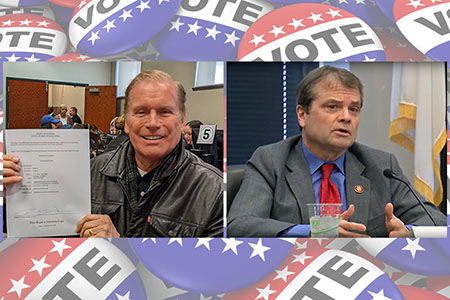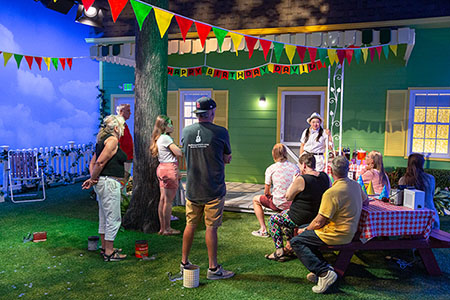Confusing case citations by MTCA attorney Nov. 21, 2007 – To support his claim that “the Uniform Deceptive Trade Practices Act has been interpreted by the courts to cover distinctive buildings such as Marina Towers,” MTCA attorney Ellis Levin cites a 1973 appellate court case, Edgewater Beach Apartments Corporation v. Edgewater Beach Management Co., Inc. This would seem to suggest Levin is referring to the distinctive appearance of Marina Towers, given that in his November 5 letter to copyright lawyer Thomas Rosenwein, he writes in a footnote immediately preceding this citation… “It cannot be disputed that since its construction in 1963, the twin towers have been recognized by the general public as distinctive architecturally and a landmark of the City of Chicago.” However, according to the case document obtained from Westlaw, all references to distinctiveness apply only to the name of the plaintiff in the 1973 case, Edgewater Beach Apartments. In a nutshell, two apartment buildings with similar names were operating practically next door to each other. The building that had been around considerably longer was able to get the young upstart to change its name. A closer examination of these case citations has shown other references, of which the relevance to the argument is not immediately clear. To support his claim that “the courts recognize that a copyright infringement claim and a deceptive practices claim are separate and distinct,” Levin cites a 1999 case, Edwin Kennedy v. National Juvenile Detention Association. Edwin Kennedy was a consultant hired by National Juvenile Detention Association to research juvenile detention practices and recommended improvements. After he submitted his report, he was asked to make changes. He did not want to do this because he was concerned about compromising the integrity of his work. He then registered a copyright on the report. The NJDA was determined to change the report, and hired someone else to do it. Kennedy released his version of the report and the NJDA released its version. Kennedy sued for copyright infringement. The case was dismissed and in 1999 the dismissal was upheld by the U.S. 7th Circuit Court of Appeals. In the case document, no mention of a deceptive practices claim could be found. When elaborating on commercial use of a building image, Levin writes, “This is similar to where an artist files a claim for reimbursement of his work which is reproduced…without the Artist’s permission.” He then cites a 2002 case, Villa v. Brady Publishing. But this was a copyright infringement case that was dismissed because the artist failed to register his copyright. Furthermore, the court ruled that the federal Copyright Act preempts state law claims that are based on the same conduct. This is at odds with Levin’s belief that state laws are more relevant to his claim of copyright protection. One citation could not be found on Westlaw, but similar case titles are returned in a Google search without case details. Three citations do appear to be relevant. Due to the cost of document retrieval, three remaining citations were not researched. |













